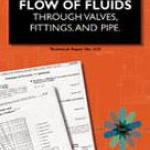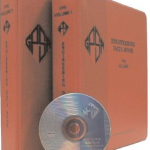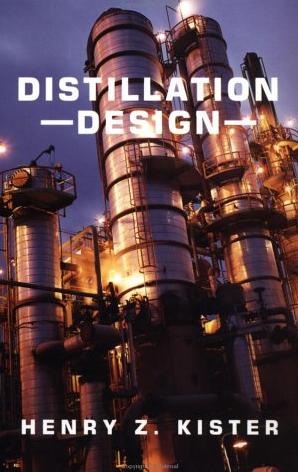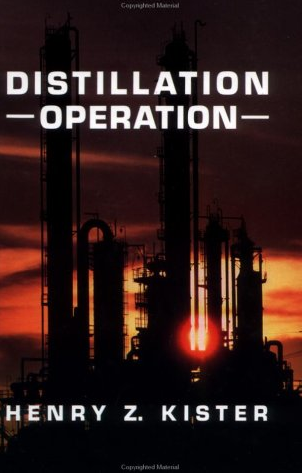You're probably asking yourself, "I just finished college, why would I want MORE books?"
Because your education just started buck-o!
If you think four (or five depending on how many times you've had to retake thermo) years of college has prepared you for industry think again. The world of industry is filled with unknowns that everyone will expect you to figure out. Sure you know Bernoulli's Equation or the four fundamental thermodynamic equations but how do you put them into practice? Over the years industry has developed best practices and standards for developing or designing chemical processes. Fortunately, experts in the field have put together some very helpful resources to make your job easier. Trust me, with everything that's expected of you, it's worth it to make your job easier. With that in mind, I give you my list of five books that you absolutely must make part of your engineering library if you take your job seriously.
1) Perry's Chemical Engineers' Handbook
This is the grand-daddy of all chemical engineering books. This resource has everything you could ever want to know about any basic subject remotely about chemical engineering. From the very basic to the very complex, Perry's Handbook does a very nice job of explaining it all. It has tables on common chemicals and constants that you'd need in your day-to-day activities. Perry's Handbook provides an explanation of which calculations are appropriate for common situations. In summary, it's a book you'll refer to repeatedly over the course of your career. Though the handbook takes up a good deal of room on your bookshelf, a little birdy told me that AIChE has a scanned version in their eLibrary. But I won't tell anyone if you don't.

2) Crane Technical Paper No. 410
More of a reference than a book, this thin-spiraled paper will be vital to your career as an engineer. The Crane Paper is a comprehensive guide to hydraulics of piping systems an unavoidable task for a chemical engineers no matter what part of industry you work in. This paper doesn't mince words; it's nothing but equations, charts, tables, and graphs. It's easy to follow and it even has very extensive examples of common hydraulic problems. Need to know how to calculate the pressure drop across an orifice? Crane has an example that takes you through the problem step by step. Or you've been asked to size the nozzles on a vessel. Crane also has examples that cover that too. Out of all the resources I own, this is the one I've used the most.

3) Gas Processing Suppliers Association Engineering Databook
Another resource not many young engineers are aware of but should is the Gas Processing Suppliers Association Engineering Databook. Much like Crane, this resource is packaged in a deceivingly pedestrian pair of binders together with tabs like a scrapbook. However, also very much like Crane, this resource has a wealth of chemical engineering information. Need a quick summary on how to size a compressor? Just go to the Compression tab in the GPSA and it has an explanation and accompanying equations on how to do it. The GPSA covers all common processes present in a gas plant or refinery meaning that most of the information will cover something you will be designing or maintaining at one point in your career. This is a must on your book shelf (or if paper isn't your thing, GPSA Databook is also offered in a handy dandy CD).

4) Henry Kister's Distillation Design
Every chemical engineer's arch-nemesis is the dreaded distillation column. With its reflux ratios, tray efficiencies, and degrees of freedom, it's liable to drive any engineer mad. Fortunately, Henry Kister, the foremost expert on distillation (and AIChE Fellow to boot) has written a book to assist you in your quest to conquer distillation design. The book eloquently explains the theory and how to apply it as well as providing many tips and even empirical data and techniques to design columns in specific services. This book is great to refer to when designing a distillation column in a simulation to make sure you don't run into the chemical engineer's most common pitfall, 'garbage in equals garbage out.'

5) Henry Kister's Distillation Operation
Henry Kister has so much knowledge about distillation that it could not be contained in just one book. In volume two, he focuses on the commissioning and operation of distillation columns that are traditionally stubborn and finicky. Though not as helpful to those in the design industry, the book is useful to designers when dealing with the details around a column, such as its control system or the appropriate design of distributors and internals. The book also goes into common failures of columns and ways to troubleshoot problems in column operation. Kister's Distallation Operation and its companion are considered the authorities on distillation operation and design and are as good a resource as any veteran engineer. Buy these books. That's it. I do confess that I am a little biased towards design type resources because of my background in engineering and contracting. However I've heard from other engineers in other industries singing their praises leading me to believe these books are relevant to many chemical engineers.



0 Comments